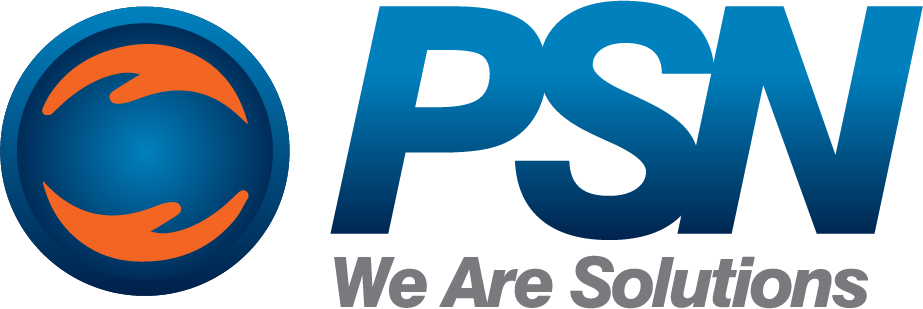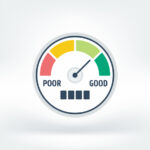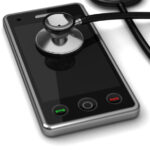Personality / Aptitude Testing: The best way to hire the right candidate…or is it?
What is it like to interview for an employment opportunity in today’s market? What can you expect? There are some experts in the Human Resource (HR) industry today suggesting as much as sixty percent of the work force is now being asked to take some type of pre-employment test – whether it be a skills assessment, or a personality or aptitude test. Skills assessments are fairly straight forward, and relate directly to the position you are applying for. For instance, clinical nurses are often asked to take a skills assessment that measures their literacy, numeracy and computer skills necessary to read doctor’s orders, double check medication dosages, and enter information in the patient’s Electronic Medical Record (EMR). You either have the necessary job skills or you don’t. On the other hand, personality or aptitude tests are used to measure the applicant’s core attributes or traits, as hiring managers want to make sure they hire someone who will not only be the be the “right fit” for the position, but within their organization’s culture as well.
These personality or aptitude tests can vary in length, and ask multiple choice questions, or open-ended questions, or a combination of both. A well-designed test can be a great tool to assess how an applicant would apply critical thinking, or react under high pressure or stressful situations, and even how they use their time during slow periods where they aren’t always busy. The problem is that not all tests are designed in equal measure. There are a number of companies out there who are supplying organizations with Applicant testing options. The better tests are usually developed by qualified consultants, along with management, to help determine, based on their answers, if the applicant would be a “strong fit, “moderate fit”, or “minimal fit” in the position. Most of these tests are timed as well, as this indicates how long it takes you to make a decision.
The personality or aptitude tests that have been subjected to the most research, and have been found to have a higher predictability for employee success rate within the organization, are based on what is known as the “Five Factor Model”. Measures of this test include employee openness to new experience, conscientiousness, extroversion, agreeableness and neuroticism. Other “Self-report” personality tests include The Meyers-Briggs Personality Type Indicator and the Minnesota Multiphasic Personality Inventory (MMPI-2). These types of tests – also successful in predicting personality traits – have been around since the 1940s and 50s, and ask a series of psychological questions to help identify what type of personality you are. A sales position for example would not be a great fit for someone who identifies as an “Introversion” personality, or a position that requires a lot of critical thinking may not be the best fit for someone who identifies as a “Feeling” personality, and so on.
There are a number of less expensive tests employers can purchase which, according to testing measurement consultants, are less valid for use in making hiring decisions. These tests are often referred to as “Four Quadrant” tests, and typically use word association. This type of test measures a person’s “state,” which, as we all know, can change dependent upon their mood, or the environment they are in at the time they are taking the test; while true personality traits tend to be more unchanging no matter the circumstances.
If you are asked to take these tests during an interview don’t panic, and try to remember the following:
- Read each item and look at the answers – many times the first answer that pops into your head is the ‘correct’ answer.
- Answer as best you can and move on – don’t spend too much time on any one answer.
- Be true to yourself when answering. While there is no right or wrong answer to these tests, keep in mind what the position is and what it will entail when taking the test.
- Ask the hiring manager, or HR staff how much weight is given to the test/s in the hiring decision, and ask if they will discuss the test results with you in greater detail if there is an area of concern, providing you have an otherwise favorable interview.
After all, there is no ‘flunking’ the test – and no one can put forth a better you than you!
References:
- Schneider, L. (AUGUST 1, 2018) THE BIG 5 PERSONALITY TRAITS: HOW THEY APPLY TO HIRING. www.plum.io/blog/the-big-5-personality-traits-how-they-apply-to-hiring
- Meinert, D. (June 1, 2015). What Do Personality Tests Really Reveal? www.shrm.org/hr-today/news/hr-magazine/pages/0615-personality-tests.aspx
About the Author:
Rhonda Whiteis, CSP has worked for Professional Services Network as a Human Resources Professional for over 15 years. She is a Certified Staffing Professional through the American Staffing Association. Rhonda has over 25 years of Human Resources experience in varied industries, and is currently serving as our Business Manager for Human Resouces |Staffing & Consulting Services.
About Professional Services Network, Inc.:
Professional Services Network, Inc. (PSN) works with clients nationwide in the search and recruitment of experienced healthcare professionals in managed care and clinical roles for temporary assignments and direct hire opportunities. Additionally, PSN’s consultants work with organizations and providers seeking accreditation or re-accreditation with URAC or NCQA. For additional information regarding our services contact us at 301-460-4089 or email us at [email protected].





